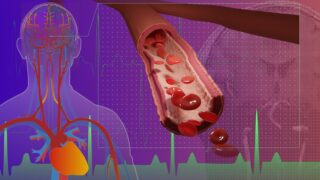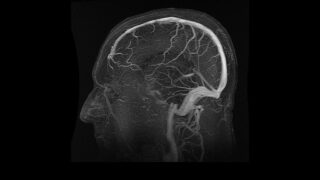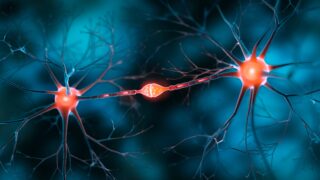A comprehensive literature review from USC and UCLA researchers analyzed the evidence on viscoelastic testing, which can help assess blood clotting during postpartum hemorrhage, and explored the path to its adoption in the U.S.
Faculty Research
News Listing
Scientists create “assembloids,” the most mature and complex kidney structures ever grown in a lab and a tool for developing new therapies.
Insights about brain cell damage after stroke and repair after transplant could pave the way for therapies that extend the treatment window, a USC lab study reveals.
USC research finds that Americans with less education are aging faster biologically than their peers with more schooling. The gap has grown over the last 30 years.
The technique reveals how tiny blood vessels in the brain pulse with each heartbeat — changes that may hold clues to aging and diseases such as Alzheimer’s.
A new USC Viterbi-led study focusing on brain’s vascular dynamics challenges the current prevailing method of dementia diagnosis and treatment.
By focusing on a trigger of brain inflammation, scientists are in pursuit of a new drug therapy and now understand why some with a key risk factor for the disease develop dementia.
USC researchers found that PFAS were linked to greater weight regain and increased waist circumference up to five years after surgery.
A slow drug-release system is found highly effective in treating certain patients with bladder cancer whose tumors were previously unresponsive to cancer therapy.
USC scientists have developed a wearable system that enables more natural and emotionally engaging interactions in shared digital spaces, opening new possibilities for remote work, education, health care and beyond.










